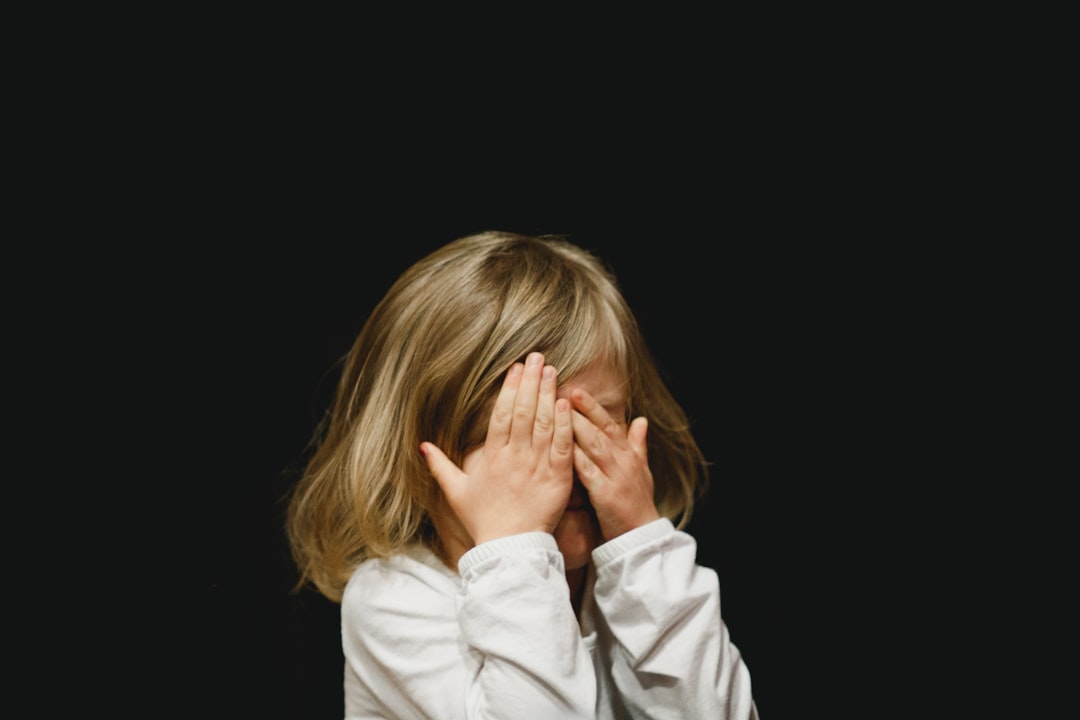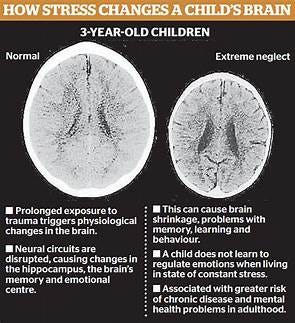It has long been recognised that the emotional wellbeing of children can be impacted upon and is seen as a Child Protection issue. Under new legislation, section 3 of the Domestic Abuse Act 2021 came into force on January 31st 2022 and recognises children as victims in their own right - a massive move forward in how the law recognises and deals with domestic abuse. The legislation states that a child, under 18 years of age, who see’s, hears or experiences domestic abuse and whom is related to either the victim or the perpetrator of the abuse is automatically regarded as a victim in their own right. Hopefully, moving forwards, this will mean that there are more resources to help children who have experienced domestic abuse as for far too long, these children have been invisible.
I have always felt that I knew and understood the impact on children. Sadly, I have been through this with my own child. However, some years ago, I was on a course which focused on the impact on children and I learnt something that was totally new to me.
When we experience trauma of any kind, our body has reactions that are used to protect us. These reactions come from our brain. When we have a very traumatic experience our body kicks in and our natural instincts take over. Our body releases different chemicals, which all work differently and help facilitate the fight, flight or freeze response. This is the body’s natural and automatic response to try to survive.
Although children suffer the same effects of trauma, they also experience some psychological responses more extensively than adults. These can include attachment issues, disconnected thoughts and emotions, behavioural issues such as aggression, eating disorders and difficulties with learning, taking responsibility, low self esteem, and poor sense of self.
As young children grow older, many of the above things may already exist to some extent but they would be made worse by the effects of experiencing domestic abuse and its resulting trauma.
Without help and support, their entire lives can be affected by the trauma they have experienced as children. Their brains do not get to grow in the ways non-traumatized children’s brains grow.. These consequences follow them their whole lives, even after the trauma stops and I believe this is one of the reasons that sometimes the cycle of abuse can continue from one generation to the next.
The diagram above is one that I use regularly when facilitating the Freedom Programme and the session entitled ‘Effects of Domestic Abuse on Children’. Many of the women that attend my programmes are shocked when they see this diagram, much as I was, when I first saw it. The good thing is that if children are removed from the abuse and trauma at a young age and are then given the support and help they need to work through their experiences, the cycle can often be broken. The problem is, that help and support either does not exist or where it does, the waiting lists are far too long to be of any use when help is needed.
Many women I have worked with over the years have said to me that they do not feel their children have been affected by the domestic abuse they have experienced. I used to say that too! I think when someone is trying themselves to survive an abusive relationship, we sometimes do not see the impact it is having on our children until it is too late. I know I didn’t. And it took me a very long time to understand that it was not my fault.
When I was co-located within a children’s services department, there were often children who we knew were experiencing domestic abuse but who appeared to be well rounded, well behaved children and the social workers and the schools would not have any concerns at all for those children. For me, these were the children we needed to worry about most! Because these children had often lived their whole lives in domestically abusive households and the abuse they witnessed and experienced, to them, was normal behaviour.
All we can do is keep raising awareness of the effects of domestic abuse on children and hope that with the recent changes in legislation, comes extra funding and more resources to help the adults of a future generation.
We must keep trying to break the cycle.





Thank you for writing this -about time it's recognised what it does to the children, otherwise they get labelled as 'naughty' in school, or even 'pleasers', either way they aren't finding their own way in life and the abuse is imbedded into them. My heart breaks for the children.